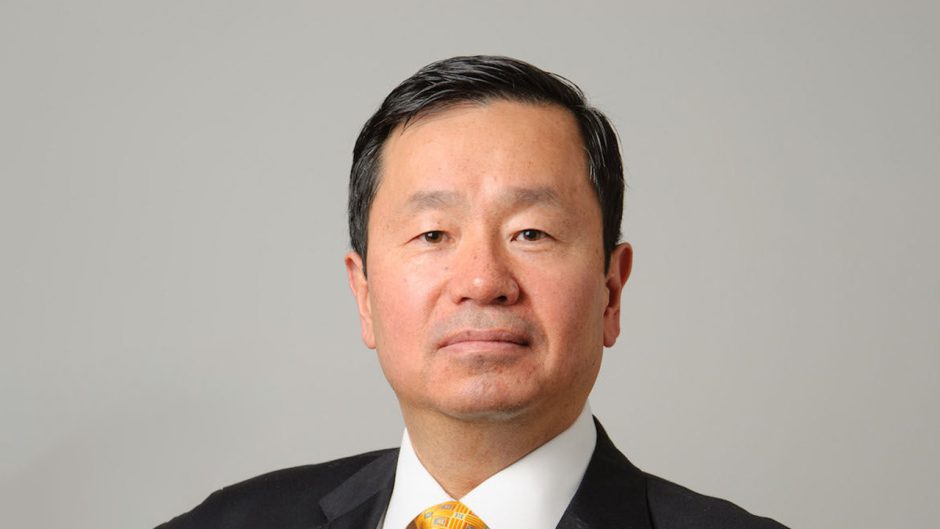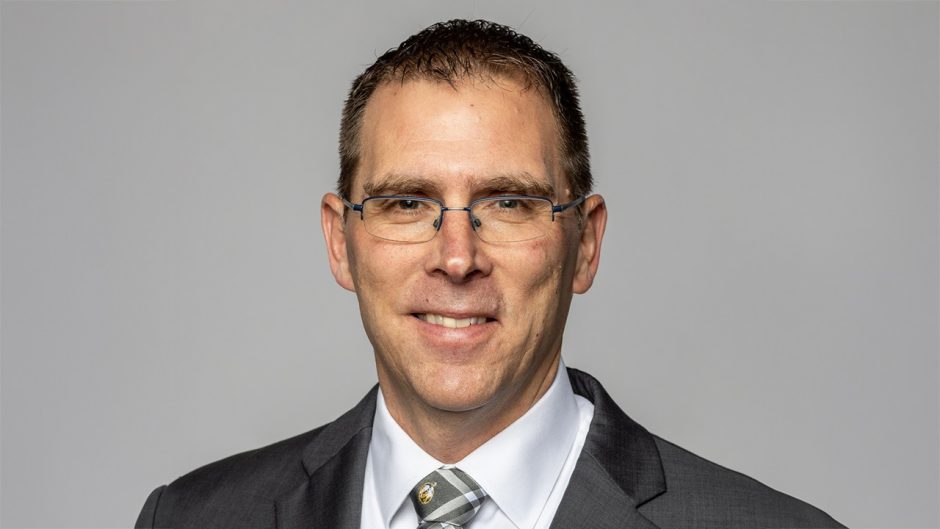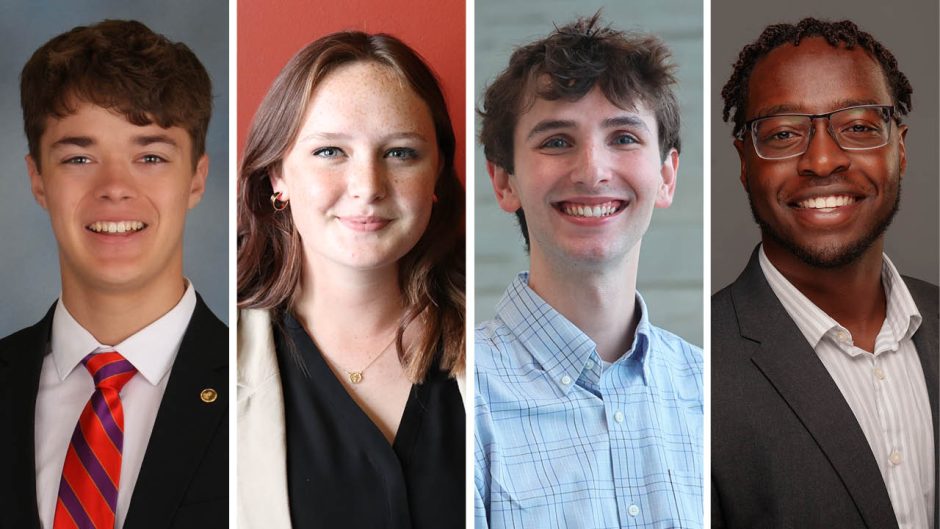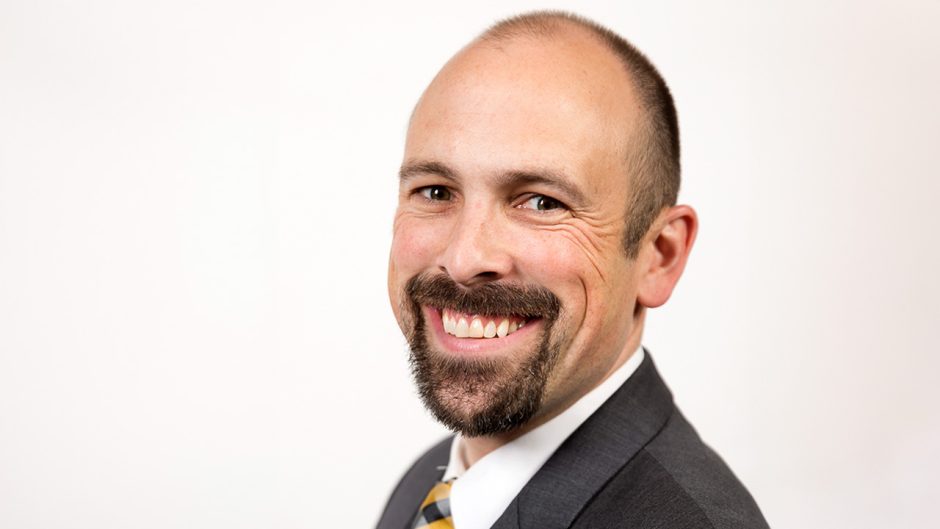April 18, 2024
Contact: Brian Consiglio, 573-882-9144, consigliob@missouri.edu
University of Missouri researchers are constantly pushing the boundaries of science. Their curiosity sparks innovation — leading to scientific breakthroughs that ultimately improve lives.
Today, the American Association for the Advancement of Science (AAAS) announced its 2023 Fellows; a list that includes five Mizzou researchers.
The recipients are:
- Jianlin “Jack” Cheng, a Curators’ Distinguished Professor in the College of Engineering and a NextGen Precision Health initiative researcher
- Ron Mittler, a Curators’ Distinguished Professor in the College of Agriculture, Food and Natural Resources, a professor in the School of Medicine and a principal investigator at the Bond Life Sciences Center
- Rajiv R. Mohan, a Curators' Distinguished Professor in the School of Medicine and the College of Veterinary Medicine
- Timothy Trull, a Curators’ Distinguished Professor in the College of Arts and Science
- Christopher Wikle, a Curators’ Distinguished Professor in the College of Arts and Science
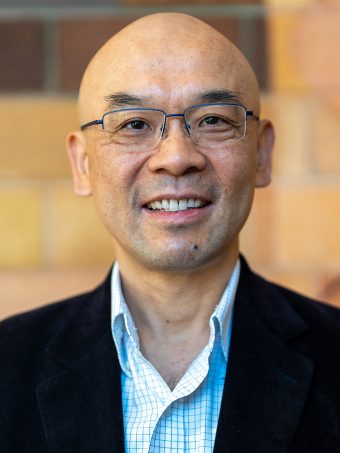
Jianlin "Jack" Cheng
Jianlin “Jack” Cheng is being recognized for distinguished contributions to the field of bioinformatics and computational biology, particularly the development of machine learning and artificial intelligence (AI) methods for protein bioinformatics.
Named one of the Top 100 AI Leaders in Drug Discovery and Advanced Healthcare worldwide, Cheng’s research focuses on applying AI to study how fundamental biological molecules — such as proteins, genes and genomes — function in biological systems like the human body. His work has helped design solutions to address fundamental challenges facing humanity, including treating disease, tackling a changing climate, ensuring food security and generating renewable energy.
“Mizzou provides a great platform for me to collaborate with many world-class scientists and talented students to advance my interdisciplinary research,” Cheng said. “The collaborative, interdisciplinary environment at Mizzou is the best I have ever seen.”
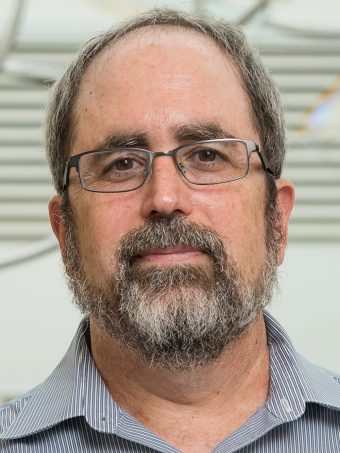
Ron Mittler
Ron Mittler is being recognized for significant breakthroughs in the study of plant responses to stress, stress combination, and the role of reactive oxygen species in stress and cell-to-cell signaling.
Mittler’s research focuses on better understanding how cells communicate with each other and how factors such as a warming climate, drought, heat, flooding, air pollution and insect outbreaks affect plant health and yield. His work has helped identify acclimation strategies of different cells under a combination of a variety of stressors. For example, his efforts studying specific proteins in plants led to the discovery of a protein that is also highly expressed in cancer cells, assisting in the development of anti-cancer drugs based on this protein.
“I have found a very happy home here at Mizzou,” Mittler said. “In the six years I’ve been here, I’ve been able to collaborate with nearly 20 different principal investigators at Mizzou on grants and research publications. The environment here is very supportive and vibrant because Mizzou is doing it the right way.”
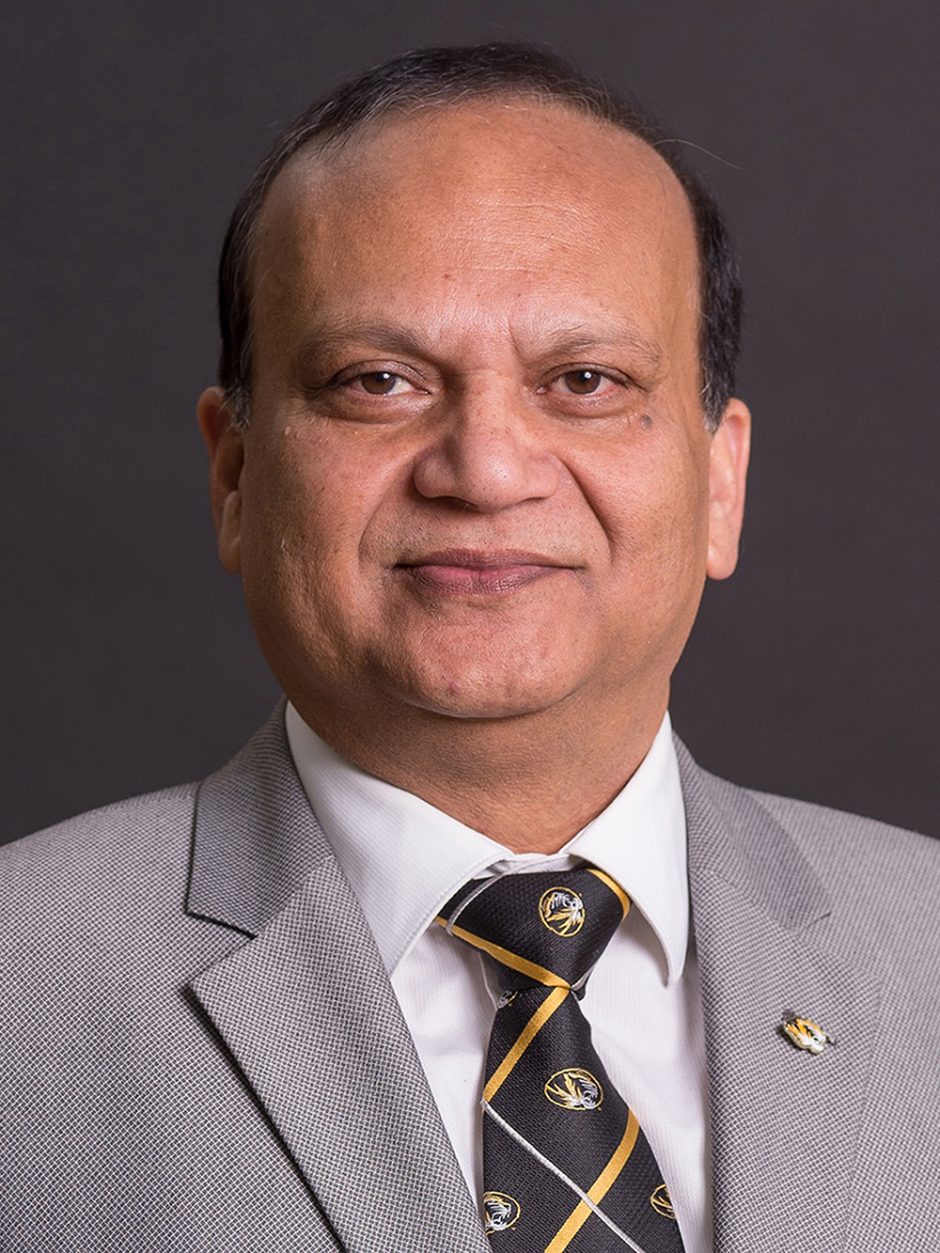
Rajiv R. Mohan
Rajiv R. Mohan is being recognized for distinguished contributions to the fields of ophthalmology and molecular medicine, particularly in the development of novel therapeutic strategies to improve function and health of the eye.
Mohan’s research focuses on therapies to treat corneal diseases and enhancing the understanding of precisely how the cornea heals itself. His efforts have helped the development of therapeutic strategies to restore vision and improve the visual function and health of the eye for humans, companion animals and service animals.
“This recognition motivates me to continue to innovate in the field of ophthalmology and molecular medicine,” Mohan said. “The people here at Mizzou are incredibly talented and smart — full of energy and brightness. For the past 18 years, the most satisfying part of my time at Mizzou is getting the opportunity to train over 100 students in my lab, and these bright students have been in all stages of their young careers — undergraduates, doctoral students, medical students, post-docs, clinical fellows and residents. I want to help them achieve their dreams, too.”
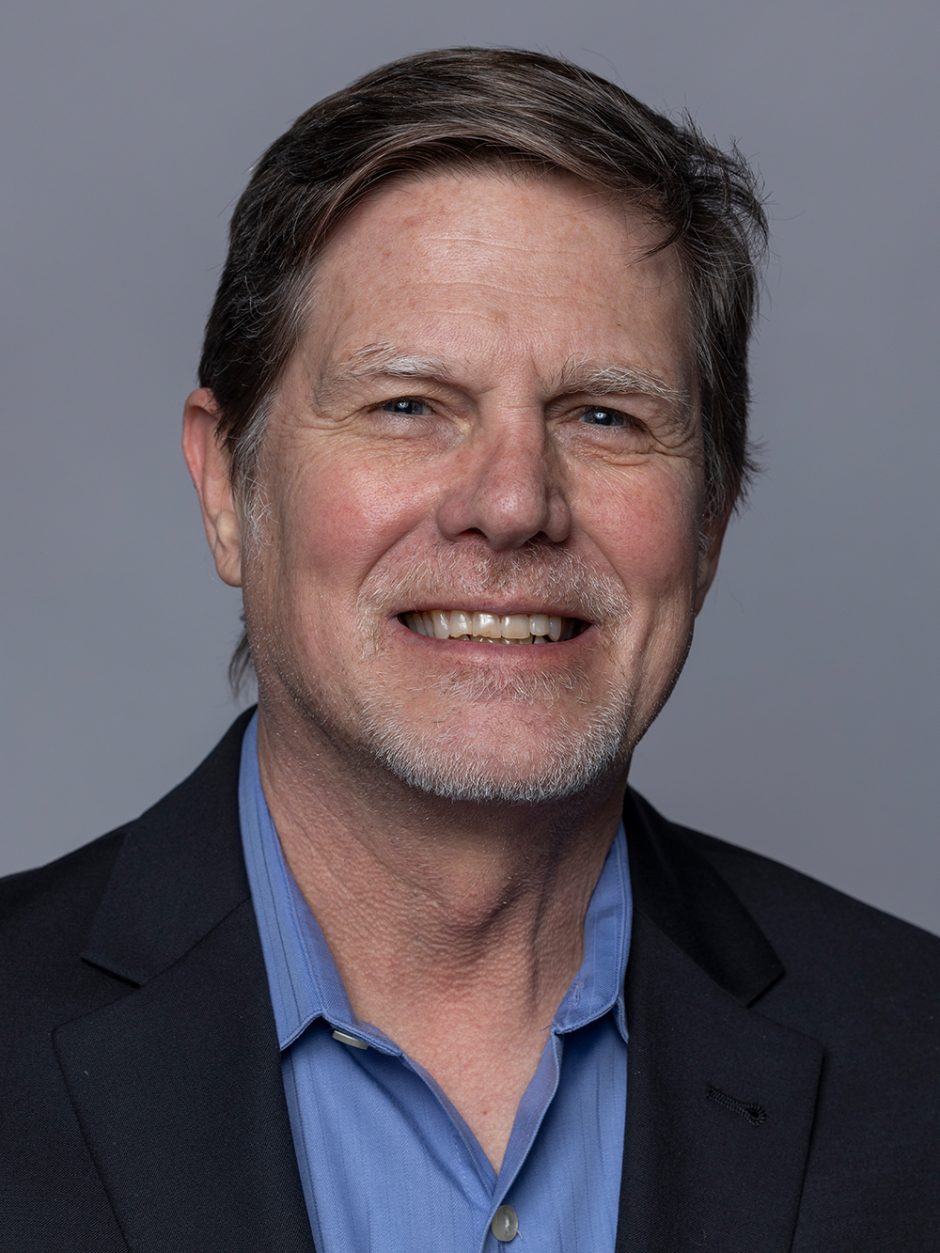
Timothy Trull
Timothy Trull is being recognized for distinguished contributions to the field of psychology and clinical science, particularly using rigorous psychometrics and ambulatory assessment to study personality and psychopathology.
Trull’s research focuses on studying people with mental health conditions who use digital technology and smartphones to go about their daily lives. By assessing mood, motivations and behaviors through the smartphone and external sensors, his efforts have helped identify precursors and influential states that are associated with emotion dysregulation, impulsivity and problematic behaviors like substance use. His work has informed numerous treatment interventions that can be delivered in person or through smartphones.
“For more than 30 years at Mizzou, I have felt supported by my colleagues, department and college to pursue innovative research on mental health, often using new methods and technologies,” Trull said. “In addition, I have been able to collaborate with faculty and students, not only in my own department, but also in other departments and colleges. I have never felt placed in an academic silo, and I have learned so much from others along the way.”
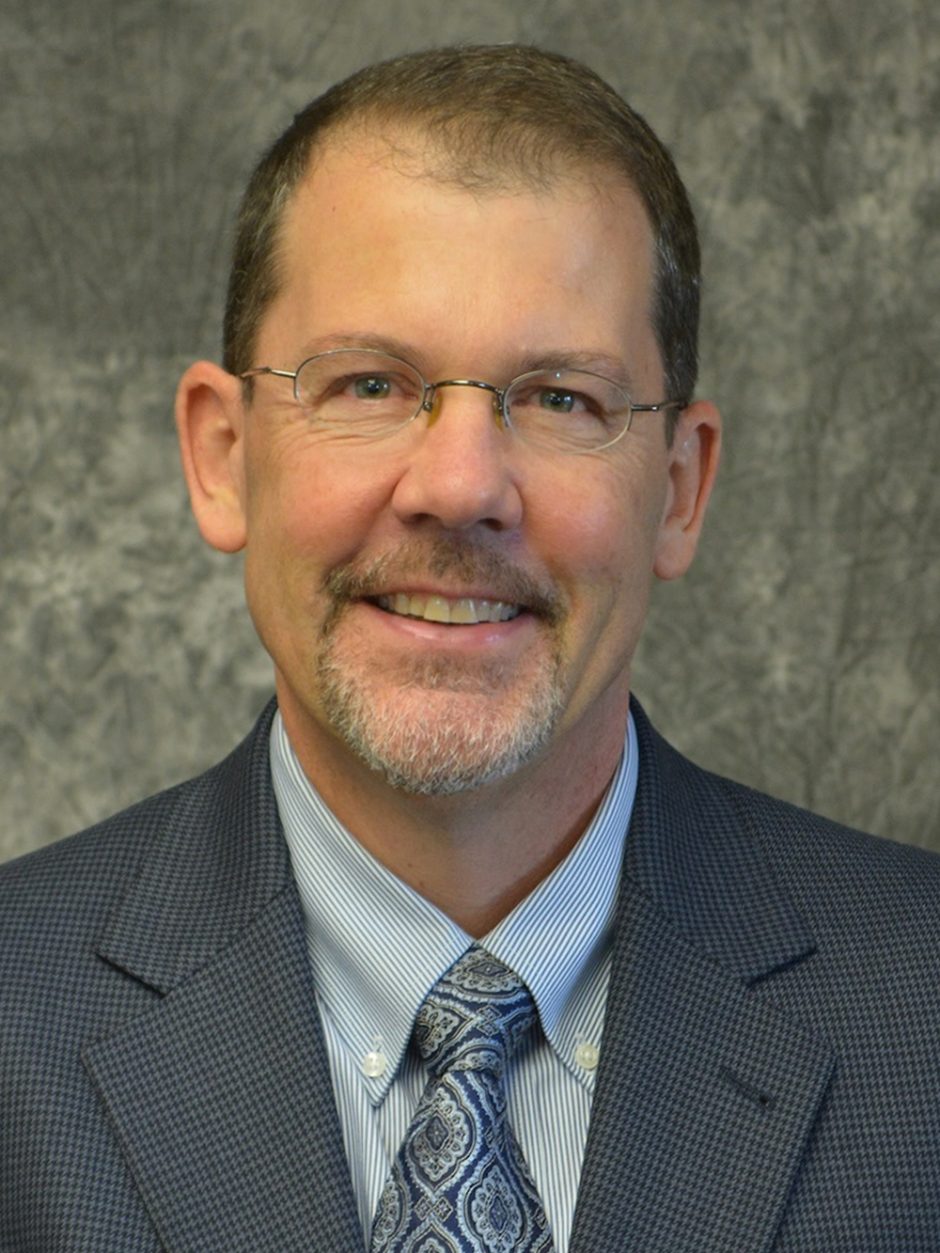
Christopher Wikle
Christopher Wikle is being recognized for outstanding research in spatio-temporal statistics in geophysics and other applications, for exceptional mentoring and teaching, and for sustained editorial services to professional societies.
Wikle’s research focuses on developing new approaches to help people better predict, prepare for and understand environmentally extreme events. His efforts have helped improve seasonal forecasts for tornado impacts in the Midwest, model the spread of invasive species in the Southeast, model the spread of wildfires in California, and better predict ocean patterns and the potential impacts on weather, climate and ecosystems.
“I have always loved math and science, and there is a famous saying about statisticians that we get to play in everyone else’s backyard,” Wikle said. “Mizzou has given me access to great collaborators over the last 26 years, and the infrastructure continues to get stronger in terms of research support.”

